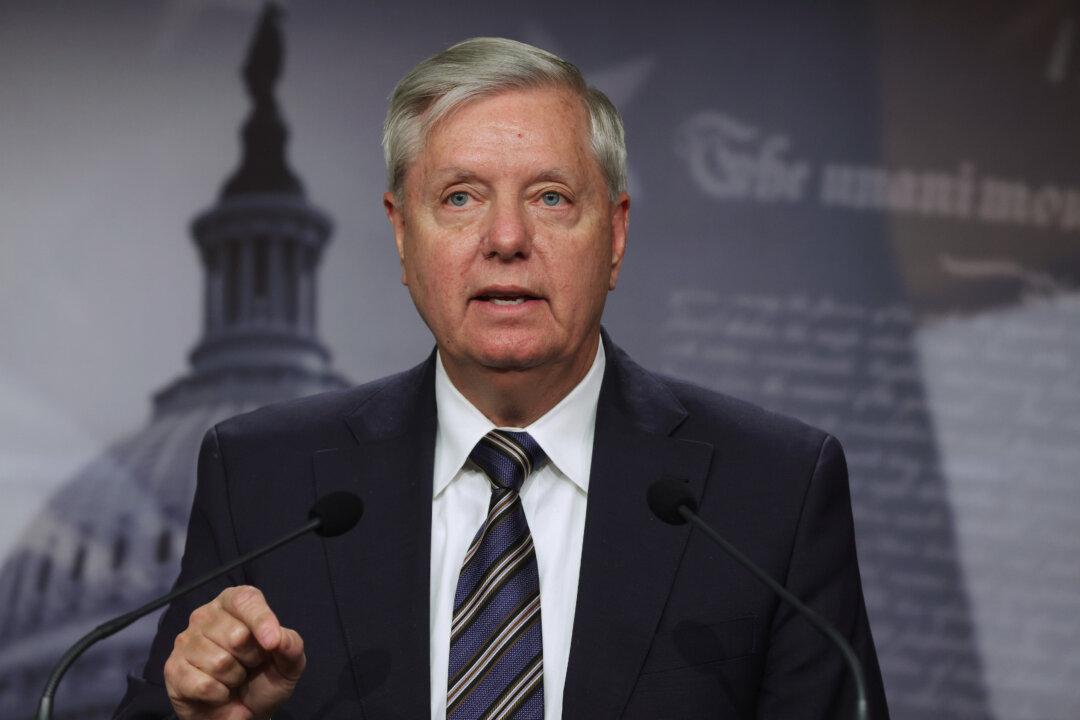A federal court has delivered a win to Sen. Ted Cruz (R-Texas) who sued the Federal Election Commission (FEC) over a federal cap on post-election contributions candidates can use to repay personal loans they make to their campaign.
Cruz brought the lawsuit in an attempt to strike down section 304 of the Bipartisan Campaign Reform Act of 2002, which allows a campaign to only repay $250,000 of a candidate’s pre-election loans with post-election contributions. Any balance of the personal loan that exceeds $250,000 will be treated as “as a contribution by the candidate.”




